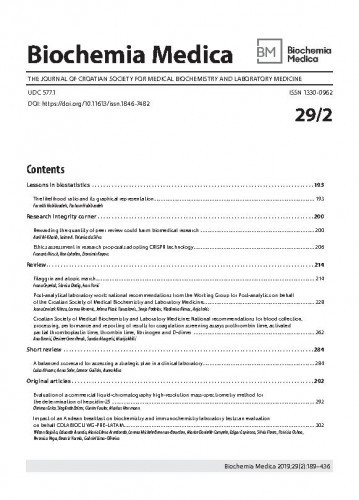The Balanced Scorecard (BSC) is a tool for strategic management that is used in many companies and organizations worldwide, both in the publicand private sector. With this purpose it has also been used in healthcare organizations and institutions but there are not many studies on the implementation of BSC methodology in the day-to-day clinical laboratory. This review shows the strategy for the development of a BSC, which includes theoretical perspective objectives, as well as some indicators and goals with which the monitoring and quantitative measurement of the achievements of a strategic plan in a clinical laboratory can be done. Moreover, the results of the indicators allow the prioritization of the initiatives to be implemented each year.The methodology for the development of the proposed BSC includes the following steps: definition of theoretical objectives of each of the perspectives most used in the management of a clinical laboratory (customers, financial, internal processes and learning) taking into account the vision and the organizational model of the laboratory; creation of a strategic map of perspective objectives; definition of the relevant indicators to follow up on the objectives in a quantitative manner and establishment of the goals. Whether or not the laboratory is a reference laboratory, in which specific and infrequent analysis and health population programs are performed, is another fact to take into account. In this review a BSC for a reference clinical laboratory of the Spanish public sector is shown.
Sažetak

 Biochemia medica : the journal of Croatian Society for Medical Biochemistry and Laboratory Medicine : 29,2(2019) / glavna i odgovorna urednica Daria Pašalić.
Biochemia medica : the journal of Croatian Society for Medical Biochemistry and Laboratory Medicine : 29,2(2019) / glavna i odgovorna urednica Daria Pašalić.